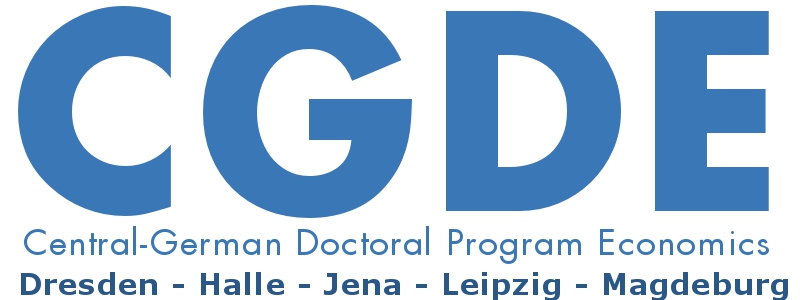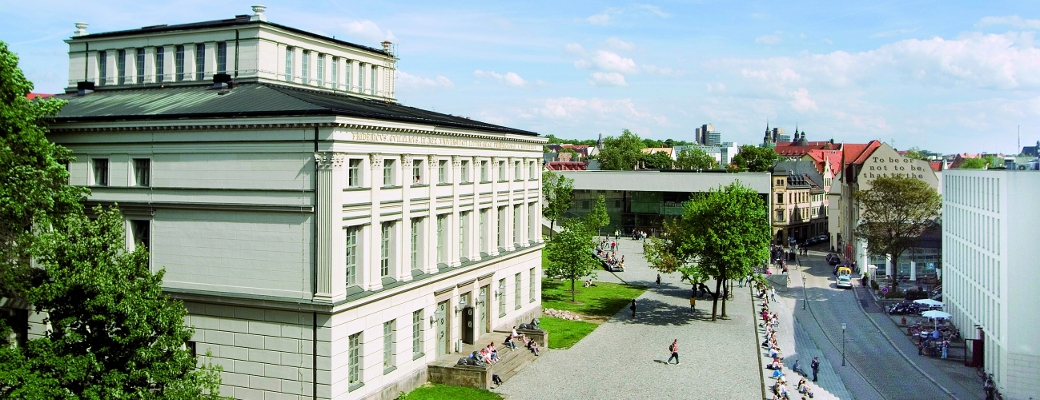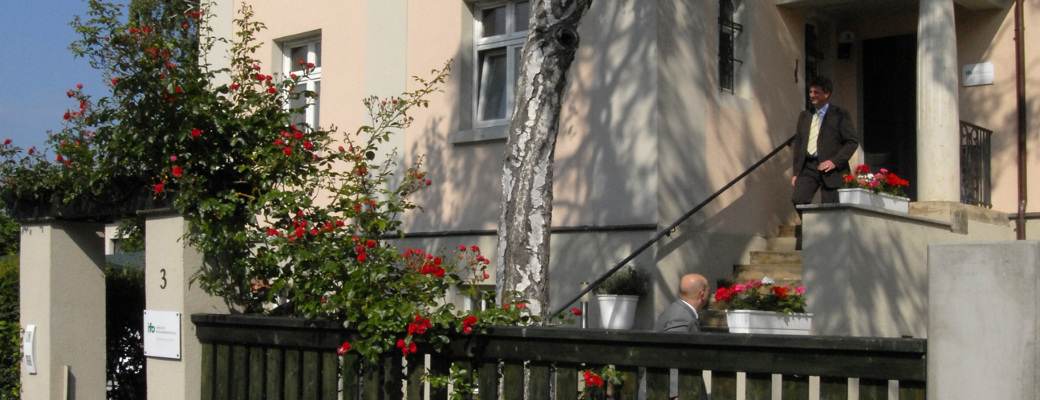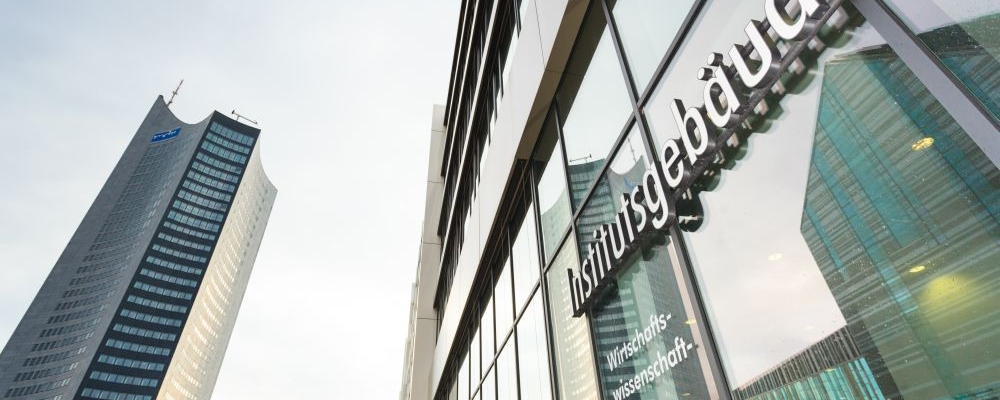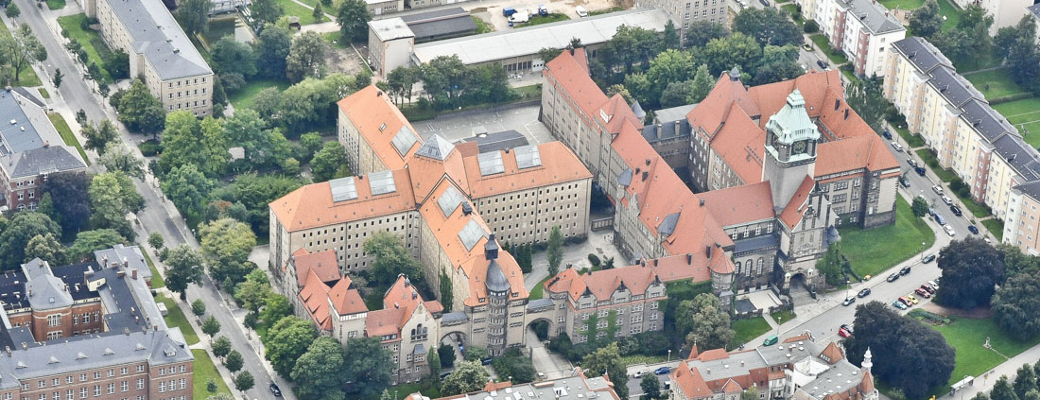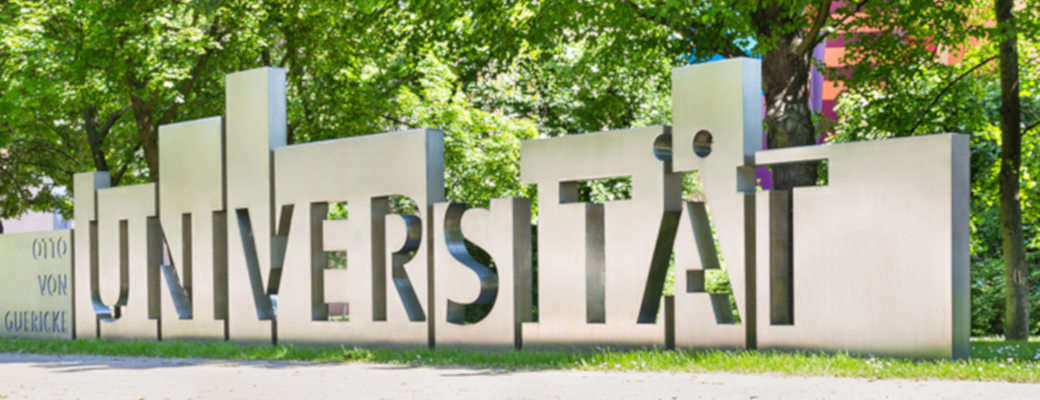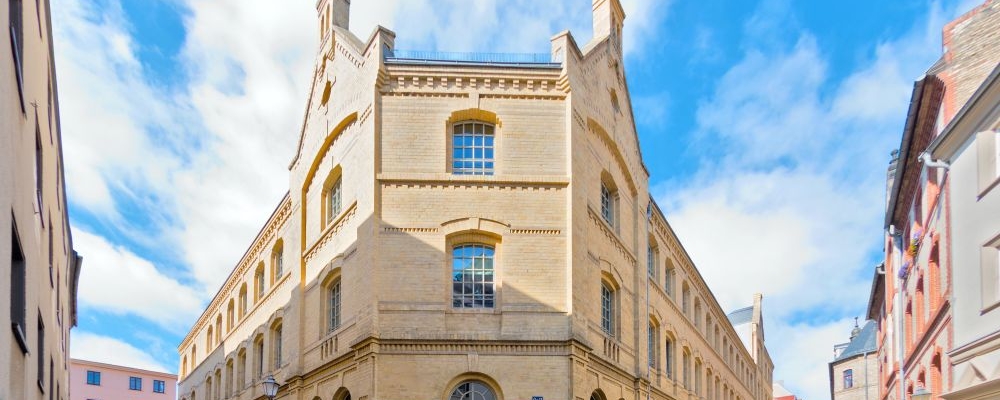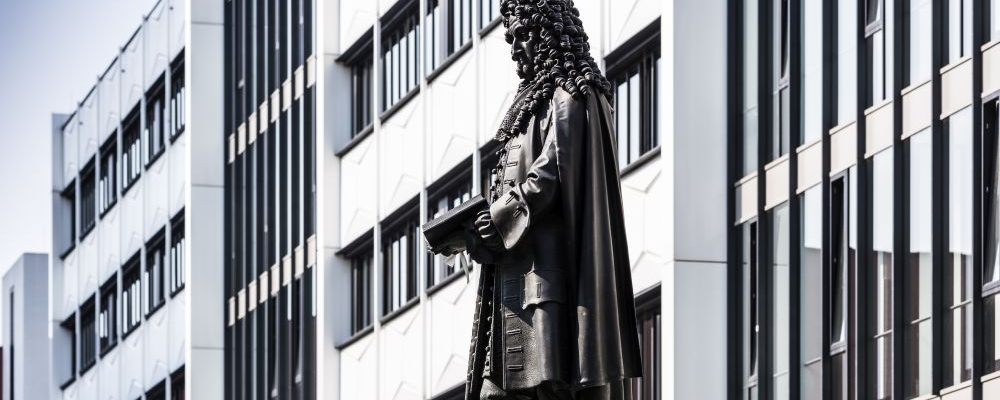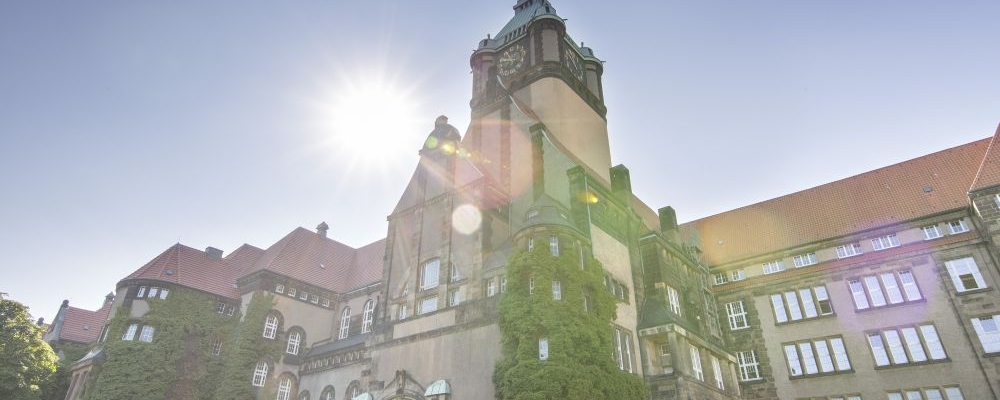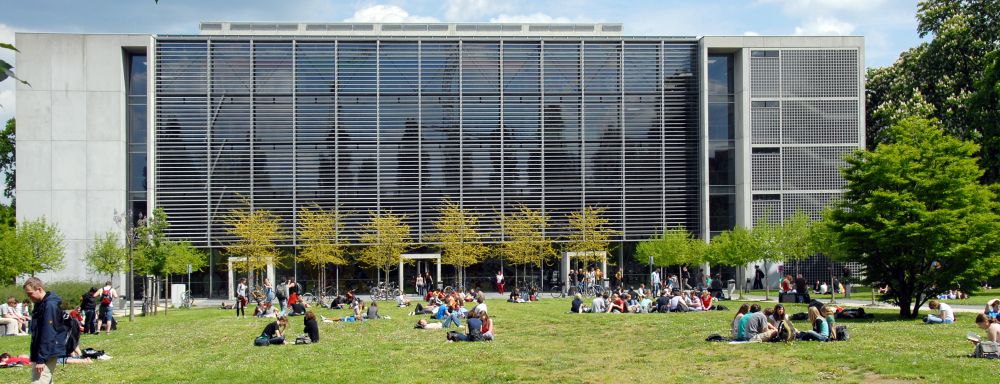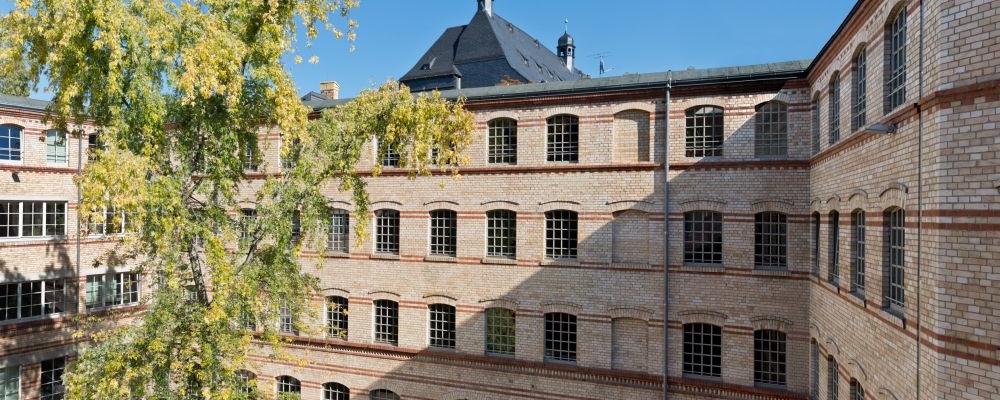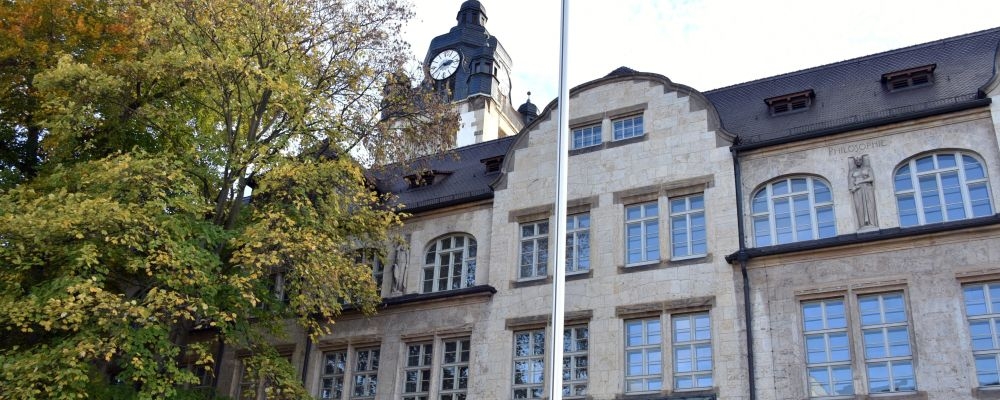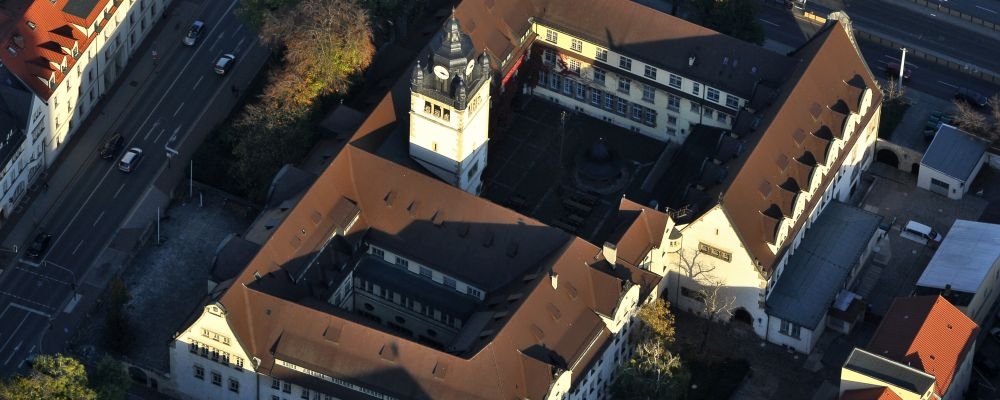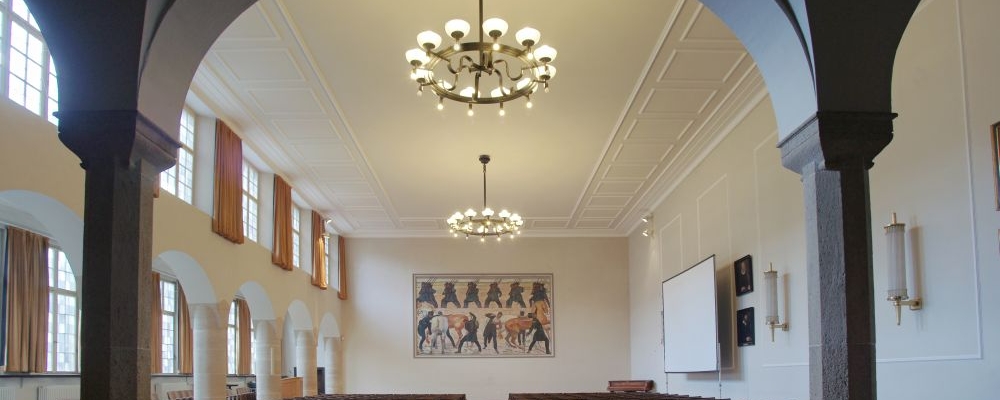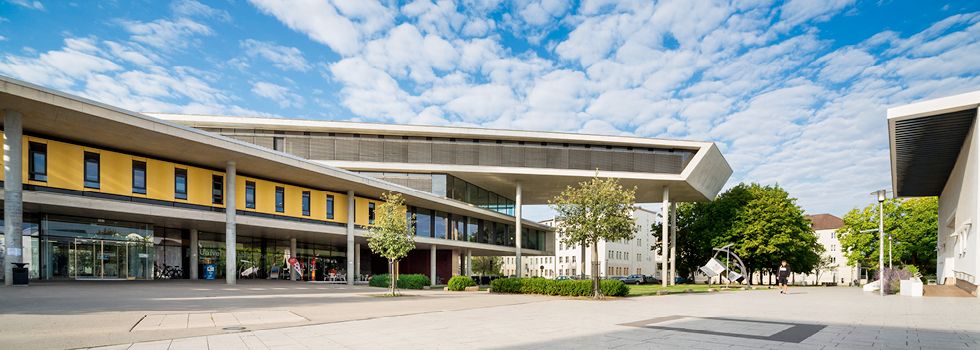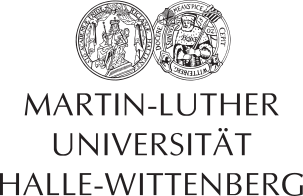Human Capital, Innovation and Growth (PhD Course)
Lecturer: Professorin Dr Silke Übelmesser, (University of Jena)
Venue: University of Jena (seminar room 102, Bachstrasse 18k); hybrid format (if demanded) for class on 30 January.
Date: January 16-18, 2024 and January 30, 2024.
Registration: Please register by sending an email to silke.uebelmesser@uni-jena.de by November 15, 2023 (first come, first served), listing the paper, you plan to present and replicate (giving some reasons for your choice).
The course will be on-site in Jena.
It is possible to organize the class on 30 January as a hybrid session if there is demand.
Course outline:
In this course, we will focus on skilled human capital and its relationship with innovation and growth.
Topics include:
Human capital investment in closed and open economies; language as a special type of human capital; effect of technical progress (digitization) on skill composition; tendencies of polarization on the labor market; role of human capital for innovation and growth
The purpose is to make PhD students familiar with important contributions and identify current topics.
Requirements for passing the course
Part I: Group work (20% of final grade):
Students have to participate in a group work and make a group presentation. Allocation of topics will be before Christmas; presentations will be during class on 16, 17 and 18 January.
Part II: Replication study (80% of final grade):
Students are required to replicate the main parts of an empirical paper on the course’s topics (in a broad sense).
Presentation of the paper (20% of final grade):
Students should select a suitable paper before the course and present this paper as well as their ideas about the replication during the class on 30 January.
Replication (60% of final grade):
Students have to submit a paper (some weeks after the course) describing the replication exercise. Further details will be provided during the course.
[If you are not familiar with quantitative or qualitative methods needed for a replication study, there might be other options for Part II. In this case, please get in touch with me.]
All parts have to be passed.
